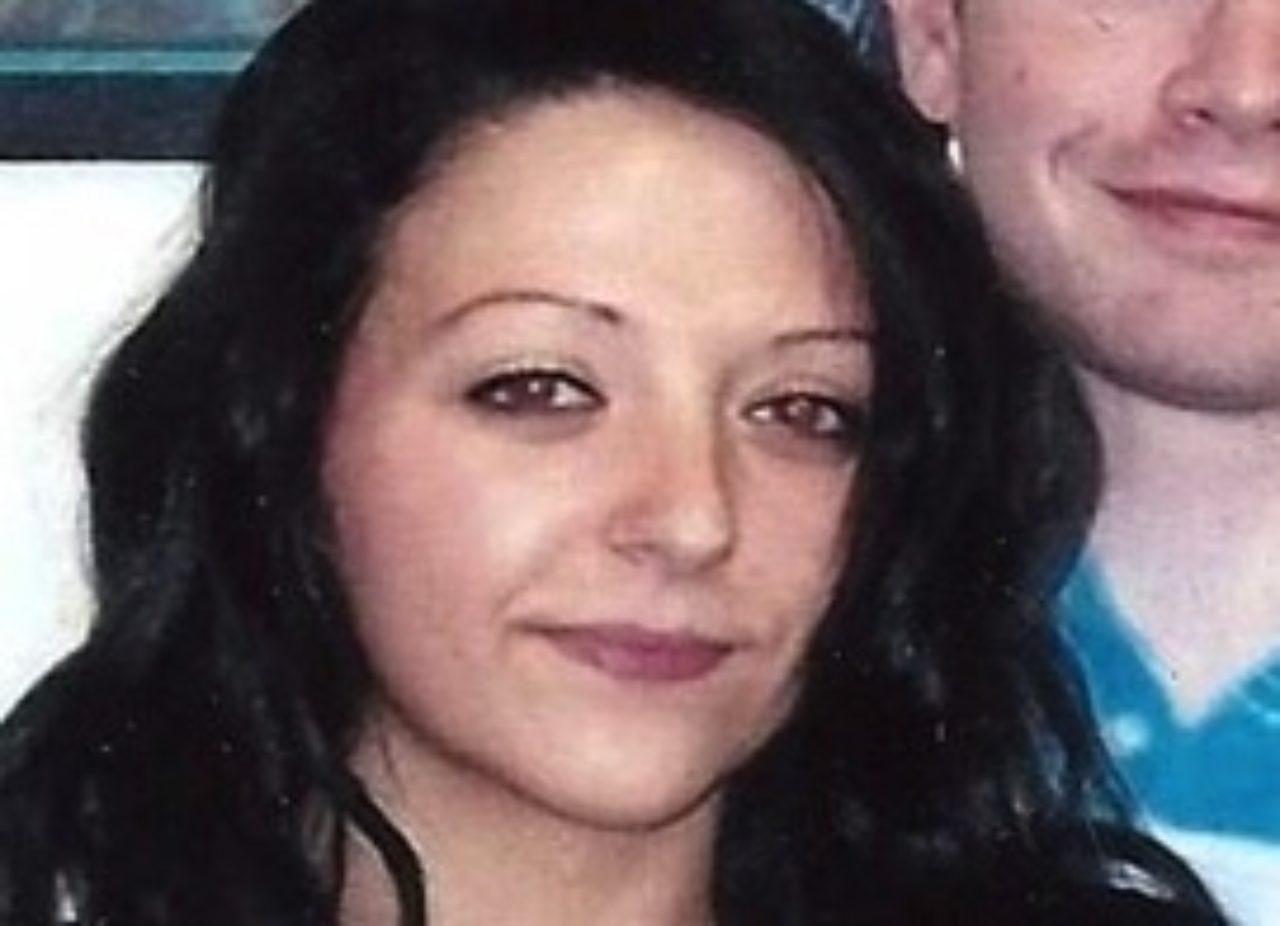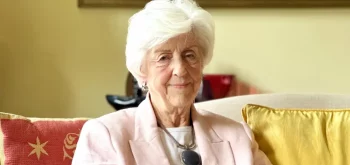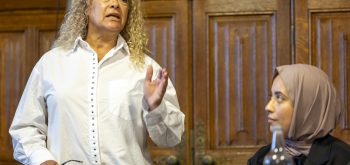The appeal of Laura Mitchell for an alleged joint enterprise murder was dismissed earlier this month to the surprise of campaigners following an unsuccessful referral from the Criminal Cases Review Commission (CCRC). The decision raises real questions about what ‘unsafe’ means as the test in the Criminal Appeal Act 1995 for the Court of Appeal, Criminal Division in deciding what a wrongful conviction really means.
Criminal appeals are generally sought on one (or more) of three bases: fresh evidence, a procedural error such as the admission of prejudicial evidence or where there has been a substantive error of law. There is ample authority (usually in the context of the burden of proof) to suggest that the Court of Appeal will take an error of law seriously as that means the trial jury would have applied the wrong law to their findings of fact.
Until now, one would have thought that allowing an appeal because the judge got the law wrong was a ‘no brainer’. However, in joint enterprise appeals, in which it is known that juries were directed on the erroneous mens rea (the state of mind required to commit an offence), the current Court of Appeal is applying a different standard – that appellants have to show they have been subjected to more than injustice but something defined as ‘substantial injustice’ – in the context of serving a life sentence for murder for something a person did not physically commit, one wonders what more substantial injustice there could be?
In reality, the substantial injustice test amounts to the opinion of the Court of Appeal that an appellant is guilty anyway, without ordering a retrial. It beggars belief that an injustice, in this context, is not thought to be sufficient to make a conviction unsafe – isn’t that what we understand a miscarriage of justice to really mean? That a person was wrongfully convicted.
Imagine a young woman goes out, gets drunk and ends up hitting and kicking a man. She wanders off to find her shoes and whilst she is gone others go off to collect weapons and a man is subjected to serious violence. He later dies of his injuries. An ordinary person might categorise her as a fighter, even an attacker, they might go further and consider she had taken a risk that kicking would cause some harm (manslaughter); but I venture few would say she was a murderer or an accessory to murder. However, Laura Mitchell, on much this scenario, was arrested and prosecuted for murder. The judge gave the jury incorrect legal directions suggesting she was guilty if she foresaw what someone else might do and, following those directions, she was convicted of murder and given a life sentence with a lengthy minimum term. An appeal failed.
Jogee
A few years later, in R v Jogee in 2016, Supreme Court judges admitted they had got the law wrong on joint enterprise for over 20 years. This meant that juries for decades had been given the wrong legal directions. It is not known how many but the CCRC referred Laura Mitchell’s case back to the CACD for a second appeal. The CCRC had properly applied their test that there was a real possibility that her conviction would not be upheld – she was not there at the killing, there was no clear plan to kill and the jury were not properly directed on a crucial aspect of law.
However, the Court of Appeal decided that it could be inferred that she intended to participate in murder and that she did not properly withdraw from what was going on. It is not clear what more she was supposed to have done to withdraw but she certainly maintained that she did not intend to kill anyone nor did she intend to assist or encourage murder. That would have been the issue for the jury – did she intend to be a principal offender as part of a plan or an accessory to assist or encourage murder, focusing on her own intention not what she foresaw someone else might do. The is a fundamental difference which demonstrates the fundamental error and the consequent fundamental injustice. No one asked to hear from her in the CACD as they discussed her state of mind. She could have given evidence at a retrial but, as this appeal was also dismissed, there is no opportunity for a jury to hear her or to decide her fate with correct legal directions.
The Court of Appeal said there had been no substantial injustice. I suspect most people would disagree. However, labelling her an attacker but not a murderer means that there is less public sympathy for such a miscarriage of justice. The law on joint enterprise has been the subject of two justice committee reports and it is still not working in a reliable fashion. What does all this mean for criminal justice?
In my view, a fair trial can only occur if the jury are given accurate and balanced legal directions. That is, the elements of the offence (acts, causation and state of mind), any available defence and any alternative offence such as manslaughter or assault are all properly explained to a jury for them to apply to their findings of fact. In Jogee, the Supreme Court said that the lowering of the mental element from intention to foresight was an ‘error’ but it wasn’t. There was an error in a Hong Kong case after some loose decisions and failures to read the relevant case law but in R v Powell and English in 1997, the House of Lords made a deliberate ‘policy’ decision to maintain that error, thus finding a way to convict more people involved in groups without any empirical research as to the effects of such a policy. It was an appalling decision.
What this means is that the courts of England and Wales made a policy decision that enabled the police to round up gangs of people, for them to be prosecuted on the low standard of what they foresaw someone else might do (rather than their own intention), fail to consider defences such as withdrawal or alternatives such as manslaughter or assault alongside the encouragement to juries to convict by drawing an adverse inference if people maintained their right to silence.
It was widely hoped that the correction of law in Jogee’s case would mean that criminal trials would focus on the true perpetrators, separate the principals from the accessories and allow for alternative verdicts of assault, affray or violent disorder. This allows people to be punished for the harm for which they were actually responsible. It was also hoped that the CCRC would identify those wrongly convicted to facilitate the necessary repair to the criminal justice system. However, this has not happened. This is despite research that the approach to joint enterprise cases adversely affected black and ethnic minority youth and vulnerable young people who were caught up in the activities of others.
Joint enterprise exposes all that is wrong with our justice system and we, as lawyers, are forced to take opportunities to assist campaigners rather than see our justice system function fairly.
The late Lord Toulson worked it out, wrote a book chapter and sat on the case of Jogee. Unfortunately, it was then thought to be a good idea to announce (without hearing legal argument) that anyone affected by the error would not be able to appeal unless they had suffered a substantial injustice. What more injustice can there be to be wrongly convicted of murder, even if you did have a fight. The current worry is that inferring guilt is a guise for bias.
The proviso that the Court of Appeal could leave people locked up if they think they are still guilty was abolished long ago and yet that is what is happening now. These appeals are not on fresh evidence or procedural errors but on substantive law – the juries were wrongly directed and therefore people were convicted on the wrong law. The approach of the current Court of Appeal to joint enterprise appeals logically must mean that we are being asked to accept that the law doesn’t matter.
The failure to properly apologise by ordering retrials or substituting alternative offences is not justice. Worse still, the Court of Appeal is suggesting that guilt beyond a reasonable doubt can be inferred from the most fragile of evidence which means the bravery of the Supreme Court to correct the law was a hollow retirement gift for Lord Toulson.







